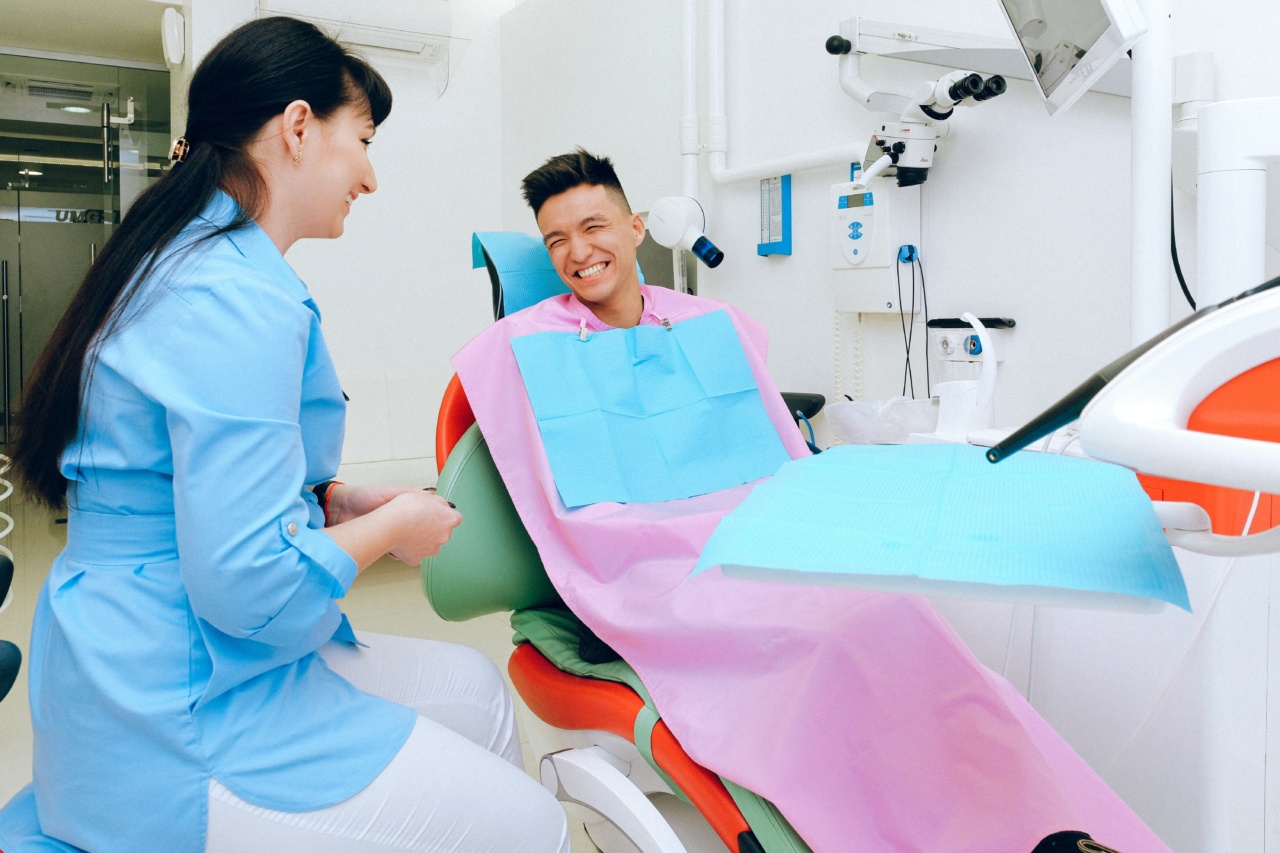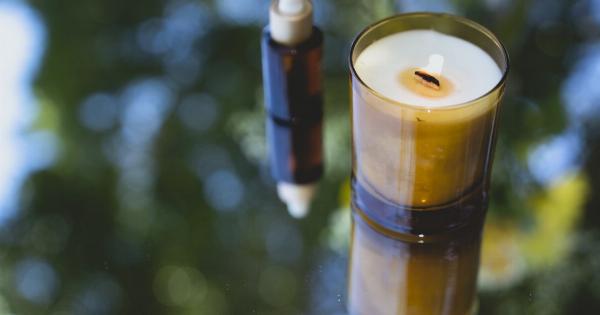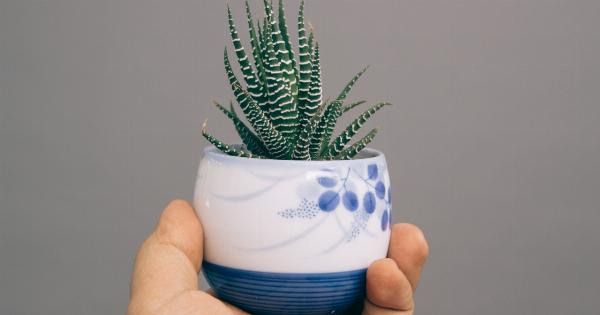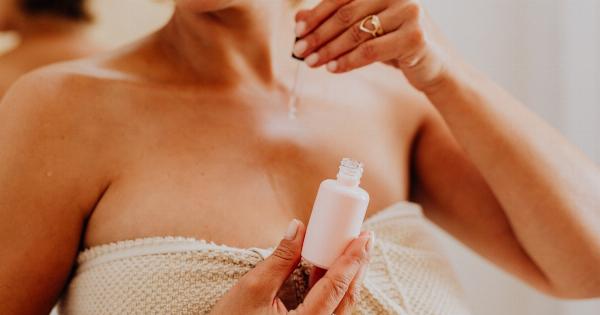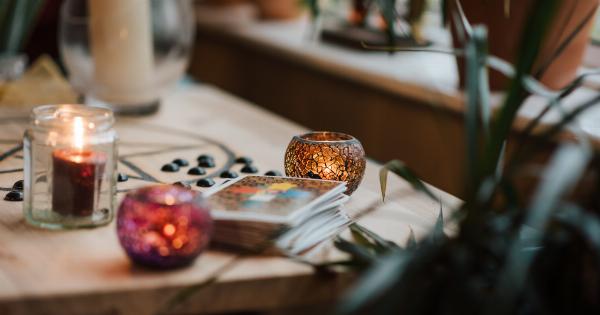Summertime often means spending long hours basking under the sun’s warm rays, but sometimes we forget to take proper precautions. As a result, we may end up with a painful and uncomfortable sunburn.
Sunburns are not only a nuisance, but they can also lead to long-term damage to our skin and increase the risk of skin cancer. If you find yourself in need of sunburn relief, follow these expert tips to alleviate pain and reduce inflammation.
1. Cool Down Immediately
Upon realizing that you have a sunburn, it’s crucial to cool down your skin as quickly as possible. Take a cool shower or bath, making sure the water is not too cold.
You can also apply cold compresses to affected areas or soak a clean cloth in cold water and gently place it on the sunburned skin.
2. Hydrate, Hydrate, Hydrate
Sunburns can cause dehydration, so it’s essential to increase your fluid intake. Drink plenty of water and fluids that contain electrolytes to replenish your body’s hydration levels.
Avoid alcohol and caffeinated beverages, as they can further dehydrate your body.
3. Apply Soothing Aloe Vera
Aloe vera has been used for centuries to treat burns and soothe inflamed skin. Apply a generous amount of pure aloe vera gel to the affected areas multiple times a day.
For an extra cooling effect, store aloe vera gel in your refrigerator before application.
4. Use Over-the-Counter Pain Relievers
If you’re experiencing discomfort from your sunburn, over-the-counter pain relievers can help alleviate the pain and reduce inflammation.
Nonsteroidal anti-inflammatory drugs (NSAIDs) like ibuprofen or naproxen sodium can be effective in reducing swelling and relieving pain.
5. Avoid Harsh Skincare Products
While recovering from a sunburn, it’s crucial to avoid using harsh skincare products that could potentially irritate your sensitive skin further. Avoid exfoliants, toners, and any products containing fragrances or alcohol.
Stick to gentle cleansers and moisturizers with soothing ingredients like aloe vera or chamomile.
6. Keep Your Skin Moisturized
Moisturizing your skin is essential during the healing process. Apply a fragrance-free, hypoallergenic moisturizer to keep your skin hydrated.
Look for products containing ceramides, which are effective in repairing the skin’s barrier function and promoting healing.
7. Cover Up and Protect
After getting a sunburn, your damaged skin needs time to heal. It’s crucial to protect it from further sun exposure to prevent additional damage. Cover up with loose-fitting clothing made of lightweight and tightly woven fabrics.
Don’t forget to wear a broad-spectrum sunscreen with an SPF of 30 or higher and seek shade whenever possible.
8. Stay Out of Hot Environments
Avoid exposing your sunburned skin to direct heat sources, such as saunas, hot tubs, and hot showers. Hot environments can increase inflammation and prolong the healing process. Opt for cool showers and air-conditioned spaces instead.
9. Seek Relief in Natural Remedies
Some natural remedies can help soothe a sunburn. Apply a cold compress made of green tea or chamomile tea to reduce inflammation and promote healing. Slather plain yogurt on the affected areas for its cooling and moisturizing properties.
You can also try adding baking soda or colloidal oatmeal to your bathwater for itch relief.
10. Consult a Healthcare Professional if Necessary
If your sunburn is severe, covers a large area of your body, or is accompanied by symptoms such as fever, chills, or severe pain, it’s essential to seek medical attention.
A healthcare professional can provide proper evaluation and treatment, if needed.
